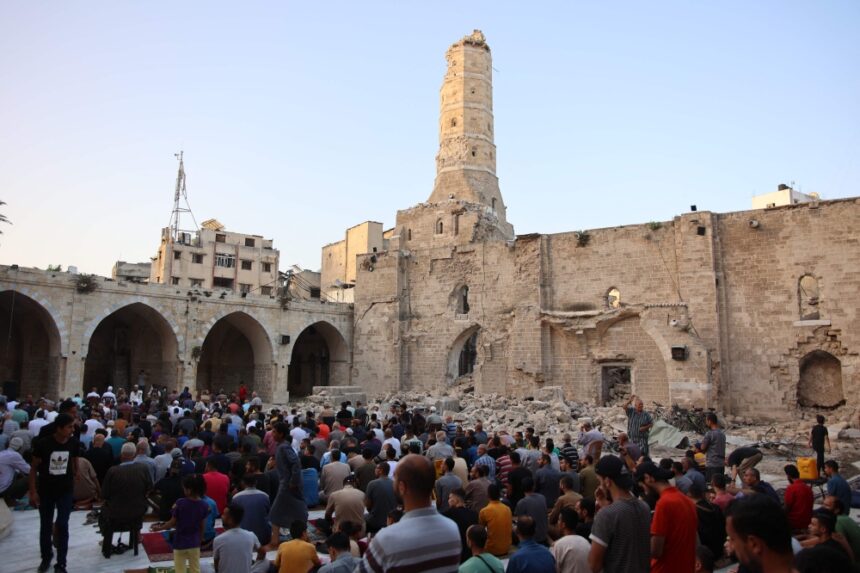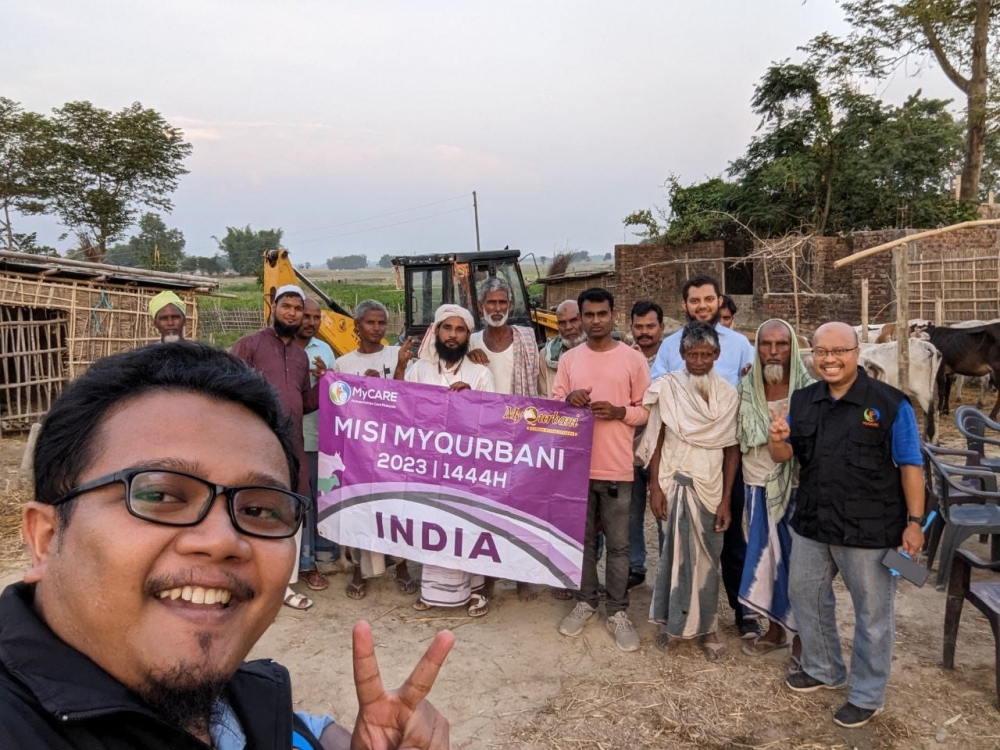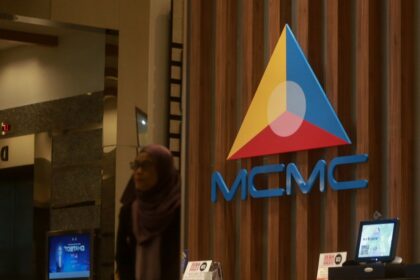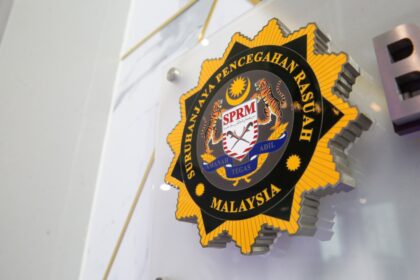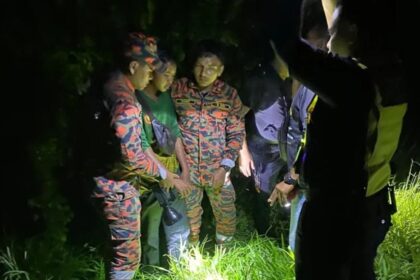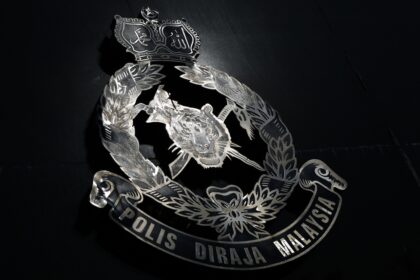KUALA LUMPUR, June 7 — More Malaysian Muslims are choosing to perform their Hari Raya Korban abroad, citing lower costs and a desire to help communities in crisis.
Instead of local mosques or farms, their sacrificial meat ends up feeding families in war-torn Gaza or famine-stricken Chad.
There is also an increasing number of non-governmental organisations (NGOs) and companies that offer end-to-end services – letting donors choose livestock, countries, and recipients with just a few clicks – and cheaper livestock prices in countries like Thailand, India and Chad than at home.
Malaysian Islamic authorities also do not restrict Muslims from performing their Qurban overseas, even though it is encouraged that they do it locally.
While it may be simpler on the contributor’s end, the NGOs tasked with executing these sacrifices abroad often face extreme challenges, especially in conflict zones.
Korban in Palestine
Muhamad Afiq Zharif Abdul Aziz, supervisor of the MyQurbani programme under Humanitarian Care Malaysia Berhad (MyCare), said part of the reason Malaysians opt to send Korban abroad because they are aware of the geopolitical situations their Muslim brethren face in their homelands, and feel a strong sympathy.
Some Malaysians have even experienced the hardships first hand, and feel compelled to continue doing what they can after coming home.
“We were in the midst of buying flight tickets and accommodation before we got the call from our partners saying that they’ve managed to get across the border.
“So I told them to just proceed and not to wait for us and they went in and Alhamdulillah, we received confirmation from them that all of the Korban and canned beef had been successfully distributed after three days.
“They cooked some of the beef to feed the people there while the rest was given directly to the Palestinians,” he told Malay Mail in a recent interview.
MyQurbani operates in 12 countries, including Syria, Palestine, Lebanon, Somalia, India and Afghanistan.
The programme, which began as Qurban Kasih Ummah under Pertubuhan Ikram Malaysia, was rebranded as MyQurbani in 2010.
The countries are selected based on their current geopolitical situation with the three main criteria including whether the people in the country are victims of war or in a state of hunger or in extreme poverty.
Last year, it distributed meat to over 17,000 families, including 6,000 Palestinian families in the West Bank and Gaza.
MyQurbani programme supervisor, Muhammad Afiq Zharif Abdul Aziz sharing a selfie with some of the beneficiaries in India. — Picture courtesy of MyCare MalaysiaAfiq said they were fortunate to conduct the ritual in the West Bank and Baitul Maqdis, while delivering canned and frozen beef to Gaza.
These efforts were made possible through their partner, UK-based Al-Khair Foundation, which has been active in Palestine for seven years.
“Normally, getting entry into Palestine is very difficult due to extensive military checkpoints and blockades at each entry point,” said Afiq.
He said Al-Khair had to build strong relationships with authorities in Jordan and Egypt to gain access.
In 2024, the delivery team crossed the Jordan-Palestine border in just a few hours – a rare success.
But crossing borders is only part of the challenge.
Afiq said trucks carrying aid risk being attacked by illegal settlers.
“They sometimes throw objects and even homemade molotov cocktails,” he said.
Despite the risks, MyQurbani plans to continue its work in Palestine as long as partners remain operational.
The NGO also runs a field office in Gaza to support distribution and other humanitarian efforts.
Surrounded by the hungry
Another Malaysian NGO involved in overseas Korban is Yayasan Amal Malaysia.
Its Amal Qurban programme runs in 15 countries including Pakistan, Bangladesh and several African nations.
Operations head Umar Abdul Aziz Zaman told Malay Mail in a recent interview that participation this year is slightly lower than previous years.
He said the highest response came during the Covid-19 pandemic in 2020, when the group sacrificed over 900 cows and nearly 2,000 goats.
“This is because our clients have given us the trust and responsibility to carry out the Korban and it is imperative that we see it through until the end.
“Only for the distribution part we will leave it to our partners,” said Umar.
Unlike groups that outsource the task, Yayasan Amal sends teams of around 18 volunteers to each country.
This year, Umar will again lead a team to the Republic of Chad, which continues to face instability due to inter-communal violence, civil unrest, and crime.
He recalled a tense moment during a previous trip when desperate villagers surrounded their team.
“At first I saw one head and just a few minutes later, more heads started to pop up from the walls – and we were technically surrounded by them.
“Things were so hectic that the police who were escorting us had to fire some warning shots in the air to disperse the crowd.
“They were the local villagers there who were waiting for their Korban meat,” he said.
Despite the scare, the team completed their mission safely.
To ensure smooth operations, Amal Qurban sends teams five to six months in advance to confirm logistics and verify beneficiary lists.
Whether performed at home or abroad, Korban remains an act of devotion and charity.
But for many Malaysian Muslims, doing it overseas allows their contributions to go further – and reach those in urgent need.
Source: 
Cheaper, riskier, more meaningful: Why Malaysians send their Korban abroad for Aidiladha (VIDEO)

